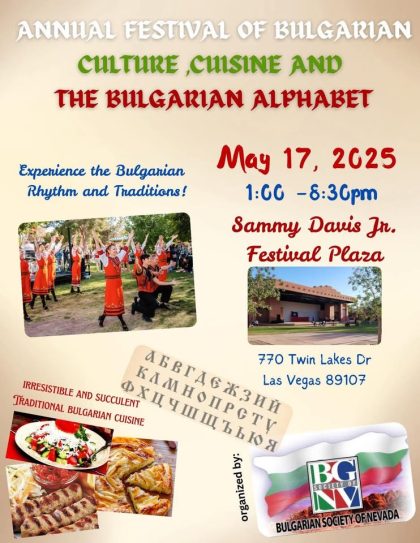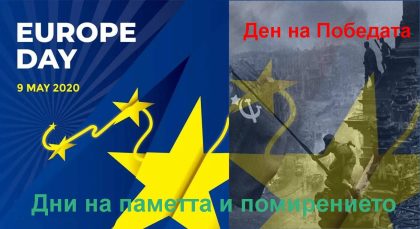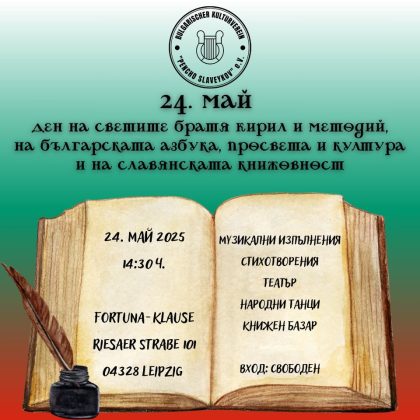By Caroline Quigley, Incplan.net
.
Can leaders of opposition movements be judged as entrepreneurs?
 Their objective is often to end an existing (bad) system. An entrepreneur is looking to start a business and make it flourish. Even the people we call social entrepreneurs are about using business to improve a society. In the case of Nelson Mandela, while he was first and foremost a revolutionary who strove to dismantle the corrupt system of apartheid, he was also a visionary who helped create a society that would benefit all of its members. Such were his beliefs, actions and their outcomes that if he himself is not an entrepreneur then he created a climate where entrepreneurs, and established businesses, could flourish.
Their objective is often to end an existing (bad) system. An entrepreneur is looking to start a business and make it flourish. Even the people we call social entrepreneurs are about using business to improve a society. In the case of Nelson Mandela, while he was first and foremost a revolutionary who strove to dismantle the corrupt system of apartheid, he was also a visionary who helped create a society that would benefit all of its members. Such were his beliefs, actions and their outcomes that if he himself is not an entrepreneur then he created a climate where entrepreneurs, and established businesses, could flourish.
The underlying principles of Mandela’s fight were ones that Americans consider their birthright:
Freedom of speech, freedom of education, freedom of movement, freedom of choice and more equal opportunity are the cornerstones of capitalism.
It is how Mandela achieved his amazing accomplishments that is unique.
Close relationships with those who shared his goals
He deeply valued the company, support and advice of his comrades in arms. We see examples
of both of this from his time (28 years) in the Robben Island prison. This was a brutal hell hole where he was able to maintain his humanity. His jailors respected him and the other political prisoners looked to him for guidance and support.
Uniting, rather than dividing, all South Africans
He used all opportunities to bring the country of South Africa, with its many often bitterly divided groups, together. One of his most brilliant decisions was to create unity through support of the national Springboks rugby team in 1995. In a country crazy for rugby, this was one of the turning points that created a united mentality for the “New South Africa”.
The right policies created a prospering economy
It is clear the end of apartheid (in and of itself stifling to the economy of South Africa) would have ended differently without the moral and political leadership of Nelson Mandela. Wholesale massacre and bloodshed would have occurred. Instead a society where everyone had a place was created. “Truth and Reconciliation” meant that the past was not left to fester. The sins of the past were confronted, reconciliation occurred and the country was free to move forward into the future.
Mandela also understood the importance of leaving a thriving economy in place. This allowed the world to be confident enough to conduct business in South Africa. This is in sharp contrast to Zimbabwe where major industries were nationalized and within a very short time the country fell into a catastrophic economic decline.
So we may hail Nelson Mandela as a great man, a moral giant and a heroic leader of a people and a country. All of that is true. But let us also remember that he exemplified an approach to commerce that created a prosperity and economic future for South Africa that is not true for many post-revolutionary societies. Madiba was a great Entrepreneur for a new and better social order.





